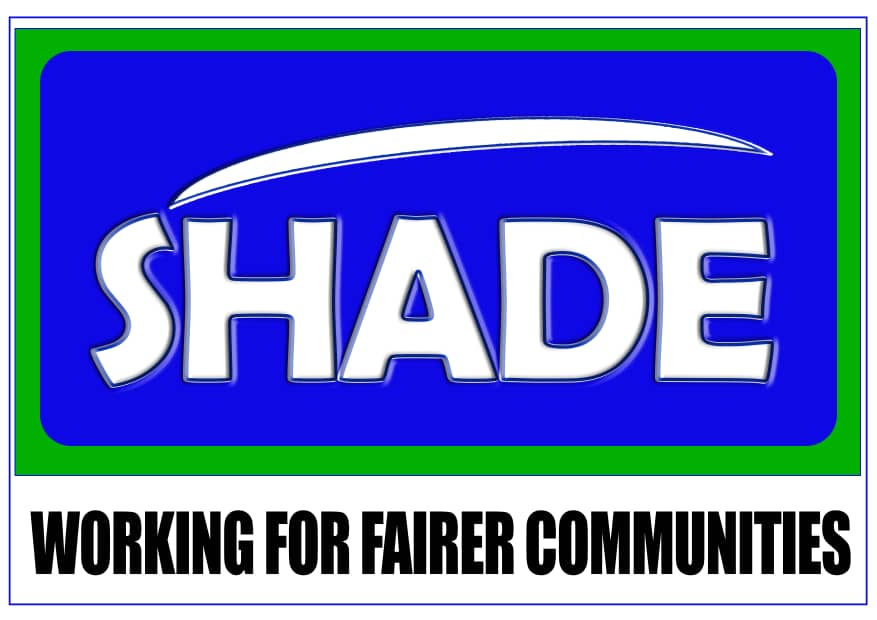
Sierra Leone Parliament Expunged Female Genital Mutilation from The Child Rights Bill Of 2025

Sierra Leone Parliament Expunged Female Genital Mutilation from The Child Rights Bill Of 2025
Sierra Leone’s step to review the 2007 Child Rights Act was seen by many as a bold step in protecting and promoting children’s rights issues by the SLPP led government. After a protracted and back and forth discussions by parliament for almost three years, the country’s house of legislature finally enacted the Child Rights Bill 2025 with the most contested issue of FGM been expunged from the bill.
However, the deliberate removal of Female Genital Mutilation (FGM) from the bill presents a glaring gap in the country’s efforts to safeguard the rights, health, and dignity of its children particularly girls.
Female Genital Mutilation/Circumcision (FGM/C) is the partial or total removal of the external part of the clitoris and labia minora and/or the labia majora.
It is a practice that is deeply entrenched in various cultures, posing significant health risks and violating the human rights of millions of women and girls worldwide. It is often carried out on minors without their informed consent, resulting in severe physical, psychological, health and emotional consequences. By not including a clear provision banning FGM in the Child Rights Act, the country misses a critical opportunity to affirm its commitment to protecting children from all forms of violence and harmful practices.
This exclusion undermines key international instruments to which Sierra Leone is a signatory, including the Maputo Protocol, UN Convention on the Rights of the Child and the African Charter on the Rights and Welfare of the Child all of which obligate states to eliminate all harmful practices like FGM.
While cultural sensitivities remain a complex barrier in Sierra Leone, the government must recognize that tradition should not supersede the fundamental rights of children. The silence of the law on FGM sends a conflicting message and weakens enforcement efforts.
Civil society, human rights defenders, and child protection advocates are urging the President to have a second thought of not signing this document. We are also reminding the President of his current role as Chairman of the West African block ECOWAS to critically look at this issue and advice his legislators on the impact this might have on Sierra Leone as a nation and his leadership both internally and at regional level. A comprehensive legislative reforms for child protection should explicitly criminalize FGM and ensure all children are protected from abuses. Until then, the fight for true child rights protection in Sierra Leone remains incomplete.
